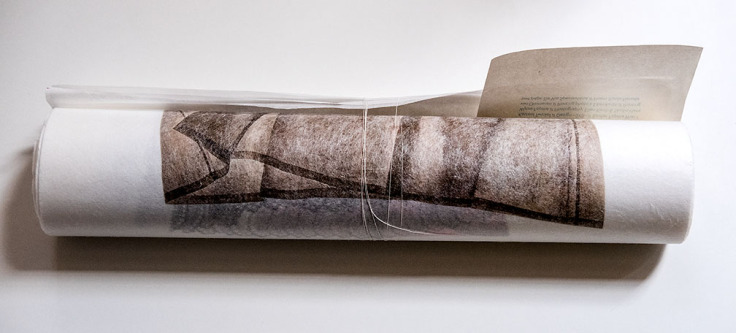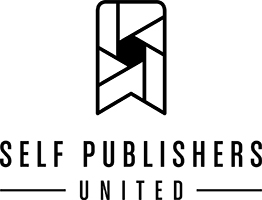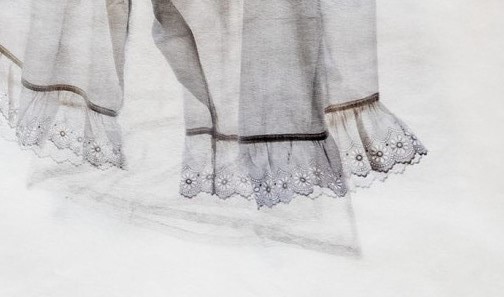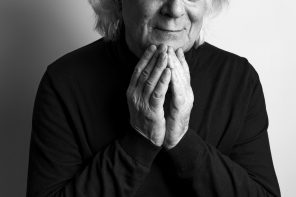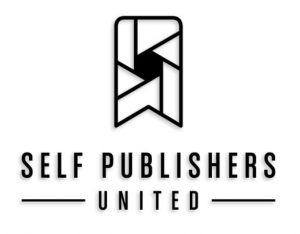Every garment is a story, connected to lives that we do not know. Lives from a distant past but filled with emotions from the present.
What did you enjoy the most about making this book?
I enjoy the time in Castle Twickel. To me, Castle Twickel was not only a revelation but also a blessing. An environment that was so authentic and untouched by the time that the presence of the residents was still tangible. Wardrobes, drawers, sideboards, filled with starched, ironed and packed undergarments. Fabrics and objects that touched my heart with all their little details. Every garment is a story, connected to lives that we do not know. Lives from a distant past but filled with emotions from the present.

What was the motivation behind this project?
The motivation behind this project is the film “DIE FRAU MIT DEN 5 ELEFANTEN (Swetlana Geier). I saw this film during my exhibition from my book CHARKOW (The story of my mother).
What do you expect the viewer experience when they look at your book?
It is important to me that the viewer is emotionally taken away by the pictures, the story and the feeling of the paper.
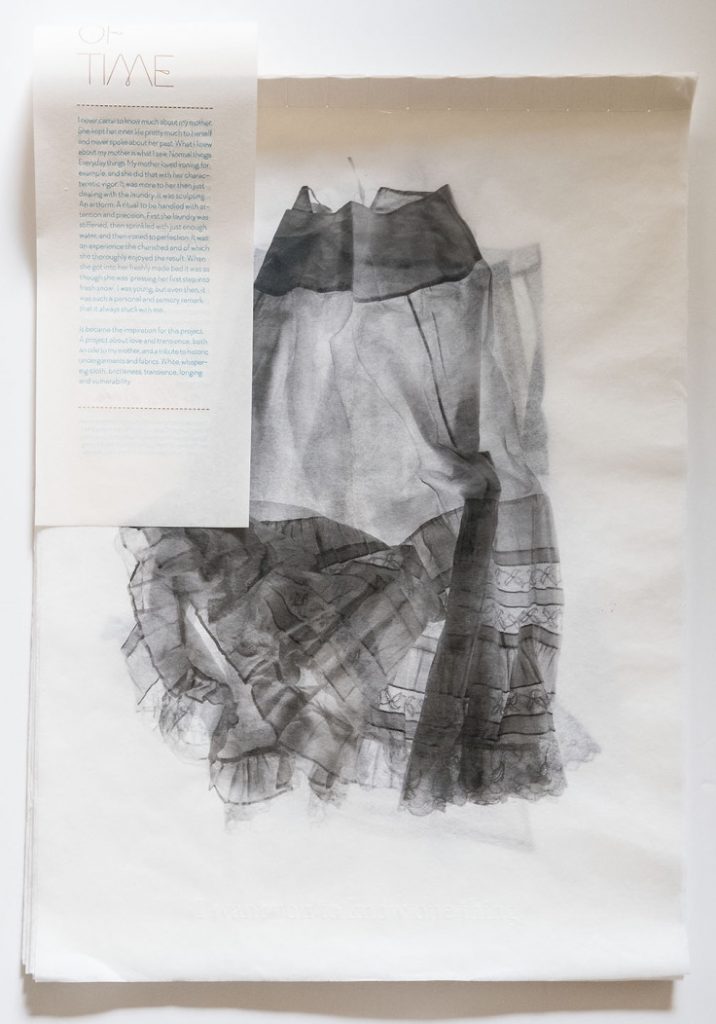
As this is our first interview, can you introduce your work in general?
“I work as a multimedia photographer/artist and I am particularly known as the maker of, among other things, the internationally acclaimed book ‘Utilité’ (as best designed book awarded the silver medal in Leipzig), the photo art book ‘Jorinde’ and the photo book ‘CHARKOW’, which in 2017 received the international photobook award in Los Angeles
Can you mention 2 photobooks that inspired you during the making of your book?
I love Japanese photobooks and one of these books is “Mother’s” from Ishiuchi Miyako.
” In this book, Ishiuchi documented her mother’s possessions in order to come to terms with her death, and in an attempt to understand the bond between them.
Can you say something about the editing of your book? Did you work alone? Did you work with an image editor and designer? I don’t work alone. Mostly I work with Sybren Kuiper, a book designer. For my book ‘The Fabric of Time’, I worked with Sybren Kuiper and bookbinder Wytze Foma. I printed this book by myself on Japanese paper. For my new book ‘The Rustle of Touch’, I am working with Sybren Kuiper, Sebastiaan Hanekroot (Lithografie) and Jos Morree (Fine art printing).
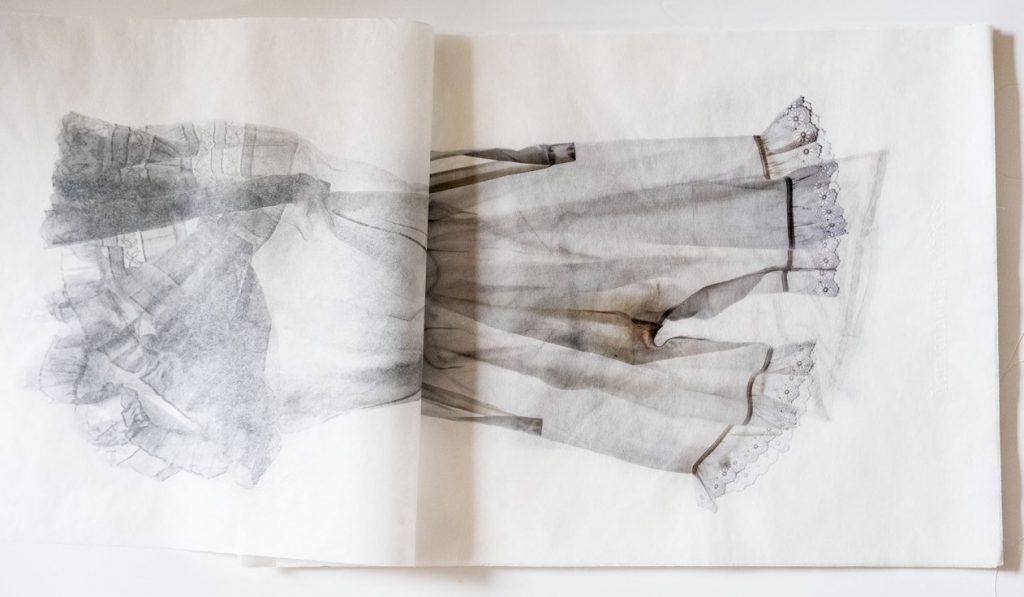
Which technical detail was of special importance for the realization of the final product?
Every detail is important: The cover. For my last book, I chose a silkscreen with spot lacquer. The intention for the viewer is to feel the image.
The paper. I chose for this book, white, soft thin prints on 14 grams Japanese double-layered paper. I then peeled the bottom layer off. This procedure makes every print different and every deformation of the paper unique.
